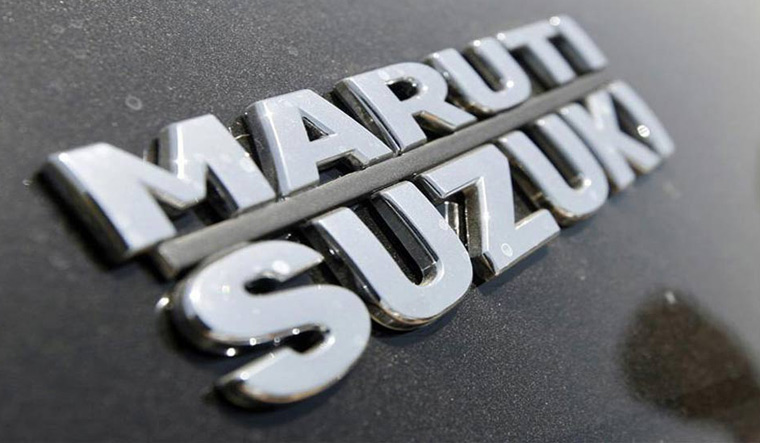Maruti Suzuki India has stepped in to take over its crucial new electrification and export focused operations in Gujarat by acquiring its shares from parent company Suzuki of Japan.
In a board meeting on Tuesday morning, the Indian company evaluated various options for the buying including cash payment and share swap on preferential allotment basis, finally deciding upon issuing Maruti Suzuki India (MSIL) equity shares to Suzuki Motor Corporation (SMC).
“The production of electric vehicles into 2031 is all happening at the Gujarat plant,” said R.C. Bhargava, MSIL chairman. “That production (plant) will now come to us (with) our engineers taking it over.”
While MSIL has massive manufacturing plants in Gurgaon and Manesar in Haryana, in the coming years, the importance of its ventures in Gujarat is likely to go up as this operation focuses on emerging technologies like electrification, biogas etc (the company has a collab with Amul for the latter, though its still under development).
“We are expanding, building capacity,” Bhargava said.
With Maruti getting aggressive and also aiming at ramping up its export volumes, having operations in a coastal state like Gujarat may make sense in the long run. In fact, when asked whether this means its original plant in Gurgaon will be shut down, Bhargava only said he doesn’t foresee that “in the next few years”.
Bhargava said he also believes that Maruti, whose main operations are centred in New Delhi and Gurgaon, will find it easier to coordinate with its Gujarat operations once it has its own team in place. Accordingly, Japanese technicians at the Gujarat plant will be replaced with MSIL’s Indian staff once the deal is done.
The swing in favour of equity swap despite the huge cash pile India’s biggest auto company is sitting on, some estimates put it at as much as Rs 46,000 crore, was because estimates of growth projections showed that while equity dilution due to the Japanese parent acquiring shares will be low (it is presently at 56 per cent and estimated to increase to 58 per cent after the deal), it will lead to continued additional earning of interest income. Profit, dividend and EPS would all be higher in the swap option, according to a statement released by the company.
The deal will be final once minority shareholders approve it at an EGM to be convened soon, or through postal ballot.



